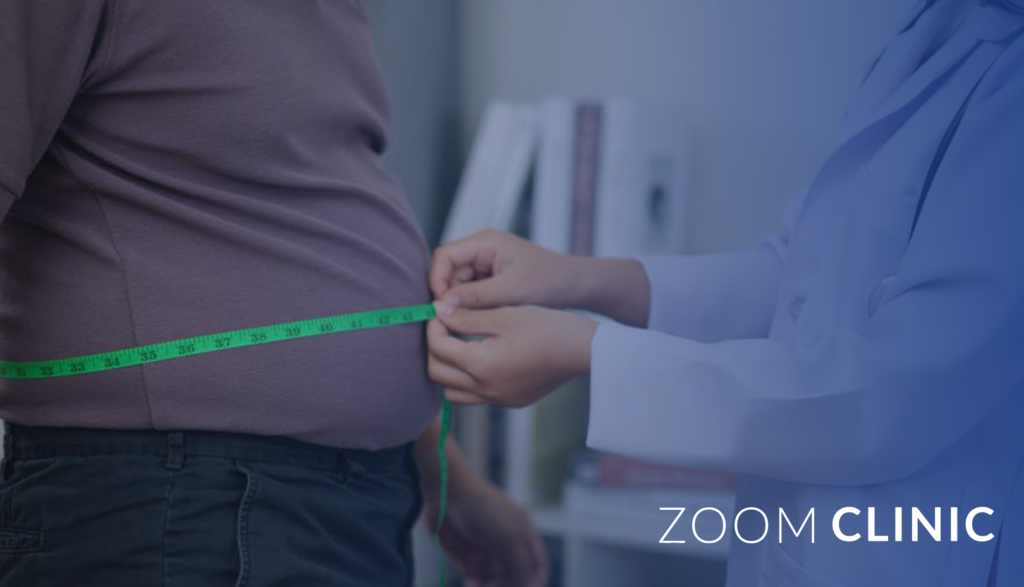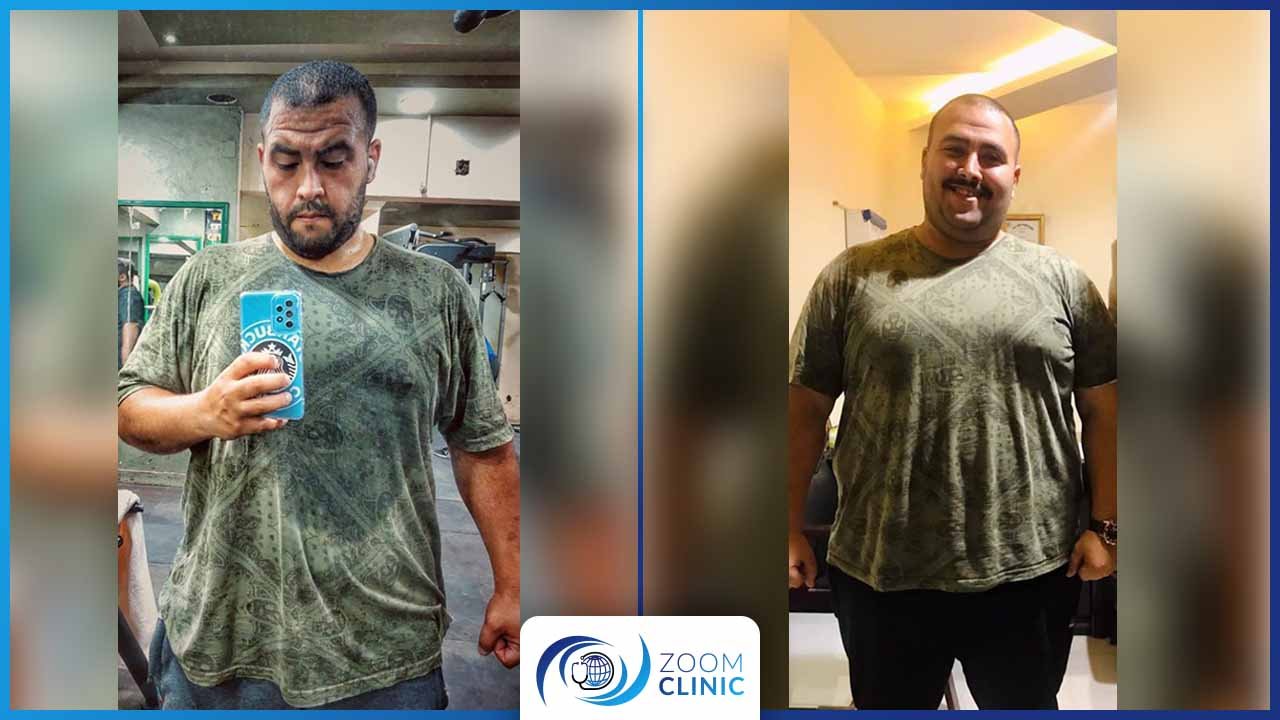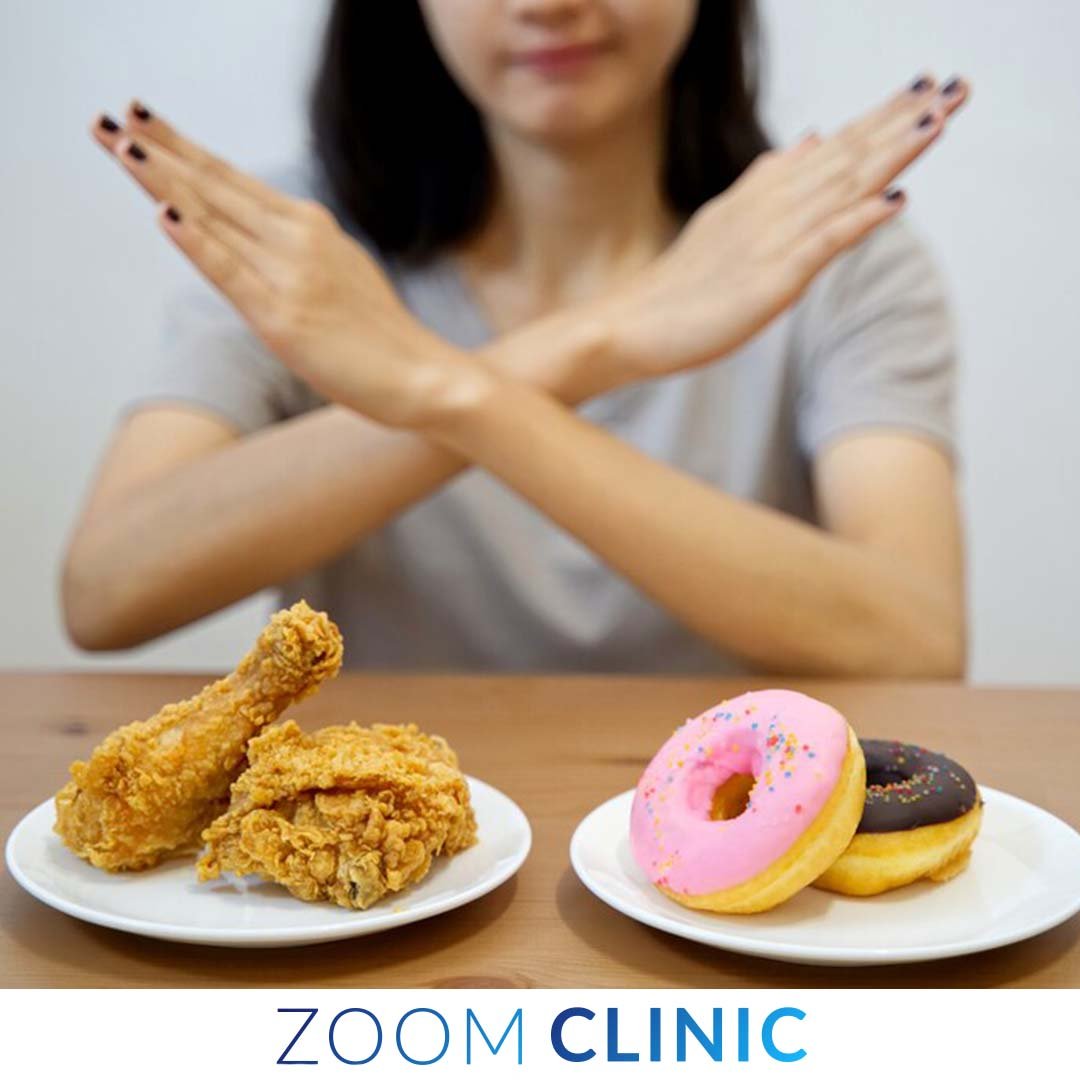Gastric sleeve surgery, also known as sleeve gastrectomy, is a popular weight loss surgery that reduces the size of the stomach, leading to a significant reduction in food intake and subsequent weight loss. This procedure can be life-changing, offering numerous health benefits and improving quality of life. However, to ensure the best possible outcomes and avoid complications, patients must adhere to specific dietary guidelines post-surgery. This comprehensive guide outlines the foods prohibited after gastric sleeve surgery, helping patients navigate their new dietary landscape and achieve long-term success.
Table of content:
Understanding Gastric Sleeve Surgery
Before diving into the specifics of prohibited foods, it’s essential to understand how gastric sleeve surgery works. During the procedure, a significant portion of the stomach is removed, leaving a sleeve-shaped stomach about the size of a banana. This smaller stomach can hold less food, which helps patients feel full sooner and eat less. Additionally, the surgery impacts hunger hormones, reducing appetite and aiding in weight loss.
The Importance of Dietary Compliance
Post-surgery, the stomach is not only smaller but also more sensitive. Consuming the wrong types of foods can lead to discomfort, nutritional deficiencies, and complications such as dumping syndrome, where food moves too quickly from the stomach to the small intestine, causing nausea, vomiting, and diarrhea. Adhering to dietary guidelines is crucial for healing, preventing complications, and achieving optimal weight loss results.
Foods Prohibited After Gastric Sleeve Surgery

1. Sugary Foods and Beverages
Sugary foods and drinks are among the top items to avoid post-surgery. These include:
- Sodas and Soft Drinks: Carbonated beverages can cause bloating and discomfort due to gas.
- Fruit Juices: Despite their natural origins, fruit juices are high in sugar and can spike blood sugar levels.
- Candy and Sweets: High in empty calories and sugar, these can lead to weight gain and dumping syndrome.
Sugary foods can quickly fill the limited space in the stomach without providing essential nutrients, hindering weight loss efforts and overall health.
2. High-Fat Foods
Foods high in fat should be avoided due to their potential to cause gastrointestinal distress and impede weight loss. Examples include:
- Fried Foods: French fries, fried chicken, and other deep-fried items are high in unhealthy fats.
- Fatty Meats: Cuts of meat with visible fat, such as bacon and certain cuts of beef, are difficult to digest.
- Full-Fat Dairy Products: Whole milk, cream, and full-fat cheeses can be too rich and lead to digestive issues.
High-fat foods can also slow down the digestive process, causing discomfort and bloating.
3. Processed and Refined Foods
Processed and refined foods are often high in additives, preservatives, and unhealthy fats. These include:
- Fast Food: Burgers, pizzas, and other fast foods are typically calorie-dense and nutrient-poor.
- Snack Foods: Chips, crackers, and packaged snacks often contain high levels of sodium and unhealthy fats.
- Refined Grains: White bread, pastries, and other refined grain products lack fiber and essential nutrients.
These foods can contribute to poor nutrition and hinder weight loss progress.
4. Carbonated Beverages
As mentioned earlier, carbonated beverages should be avoided due to their potential to cause bloating and discomfort. This includes:
- Sodas: Regular and diet sodas both pose risks.
- Sparkling Water: Even though it’s a healthier option, the carbonation can still cause issues.
- Beer: The carbonation and alcohol content make it a double risk.
The gas from these beverages can expand in the stomach, causing pain and bloating.
5. High-Fiber and Tough-to-Digest Foods
While fiber is generally healthy, high-fiber foods can be difficult to digest immediately after surgery. These include:
- Raw Vegetables: Particularly those with tough skins or seeds, such as corn, celery, and broccoli.
- Whole Nuts and Seeds: Hard to chew and can cause blockages in the digestive system.
- Legumes: Beans, lentils, and chickpeas can cause gas and bloating.
As the digestive system heals, patients can gradually reintroduce these foods in moderation and in softer forms.
6. Dairy Products
Many patients develop lactose intolerance post-surgery, making dairy products problematic. Foods to avoid include:
- Whole Milk: High in fat and lactose.
- Ice Cream: Contains high levels of sugar and fat.
- Cream-Based Soups and Sauces: Rich and difficult to digest.
Patients should monitor their tolerance to dairy and opt for lactose-free or low-fat alternatives if necessary.
7. Spicy Foods
Spicy foods can irritate the stomach lining and cause discomfort. Examples include:
- Hot Peppers: Jalapenos, habaneros, and other hot peppers.
- Spicy Sauces: Hot sauce, sriracha, and other spicy condiments.
- Spicy Snacks: Flavored chips and snacks with added spices.
These foods can exacerbate digestive issues and should be avoided, especially in the early stages post-surgery.
8. Caffeinated Beverages
Caffeine can be harsh on the stomach and lead to dehydration. Beverages to avoid include:
- Coffee: Regular and decaffeinated due to acidity.
- Energy Drinks: High in caffeine and sugar.
- Certain Teas: Particularly those high in caffeine like black and green tea.
Caffeine can also interfere with calcium absorption, which is crucial for bone health post-surgery.
9. Alcohol
Alcohol consumption should be significantly reduced or eliminated due to several risks:
- Dehydration: Alcohol can lead to dehydration, which is already a concern post-surgery.
- High Calories: Alcoholic beverages are calorie-dense and can hinder weight loss.
- Gastric Irritation: Alcohol can irritate the stomach lining and cause discomfort.
If alcohol is consumed, it should be done in very limited quantities and with caution.
10. Gum and Hard Candy
Chewing gum and hard candy can introduce air into the stomach, causing discomfort. They can also pose a choking hazard and lead to unnecessary calorie consumption.
The Stages of Post-Surgery Diet
Understanding the progression of the post-surgery diet is essential for long-term success. The diet typically progresses through four stages:
1. Clear Liquid Diet
Immediately after surgery, patients start with a clear liquid diet to allow the stomach to heal. This includes:
- Water: Essential for hydration.
- Broth: Provides some nutrition without causing stress on the stomach.
- Sugar-Free Gelatin: Offers a bit of variety without adding sugar.
This stage lasts for a few days, depending on individual recovery.
2. Full Liquid Diet
Next, patients move to a full liquid diet, which includes:
- Protein Shakes: To ensure adequate protein intake.
- Low-Fat Milk: If tolerated.
- Smooth Soups: Blended and strained to avoid chunks.
This stage typically lasts for one to two weeks.
3. Pureed Foods
As the stomach continues to heal, patients can introduce pureed foods:
- Pureed Meats: Lean chicken, turkey, or fish.
- Mashed Vegetables: Potatoes, carrots, and other soft vegetables.
- Applesauce: Unsweetened and smooth.
This stage helps transition to more solid foods and usually lasts for a few weeks.
4. Soft Foods
Finally, patients move to a soft food diet:
- Soft Fruits: Bananas, soft peaches, and other easily chewable fruits.
- Cooked Vegetables: Soft and easy to digest.
- Eggs: Scrambled or poached for easy digestion.
This stage precedes the introduction of regular solid foods and can last for several weeks to months.
Tips for Long-Term Success
Adhering to dietary guidelines post-surgery is crucial for long-term success. Here are some additional tips:
- Eat Slowly: Chew food thoroughly and take time to eat to prevent overeating and discomfort.
- Stay Hydrated: Drink plenty of water between meals to stay hydrated without filling up the stomach.
- Take Supplements: Follow your doctor’s recommendations for vitamins and minerals to prevent deficiencies.
- Monitor Portion Sizes: Use smaller plates and bowls to help control portion sizes.
- Listen to Your Body: Pay attention to hunger and fullness cues to avoid overeating.





Conclusion
Gastric sleeve surgery is a powerful tool for weight loss, but it requires significant lifestyle changes, particularly regarding diet. By understanding and adhering to the list of prohibited foods, patients can avoid complications, support their body’s healing process, and achieve their weight loss goals. Remember, each patient’s journey is unique, and it’s essential to follow the specific guidelines provided by your healthcare team. With commitment and discipline, the benefits of gastric sleeve surgery can be fully realized, leading to a healthier and happier life.
Get the special offer today from Zoom Clinic


